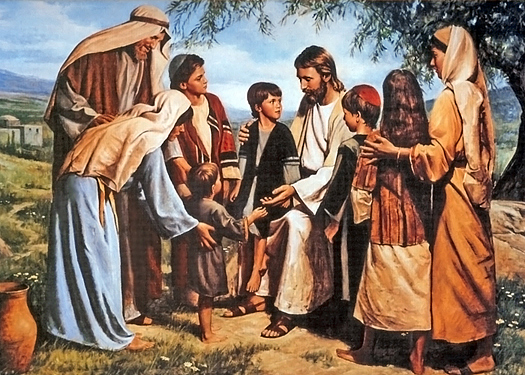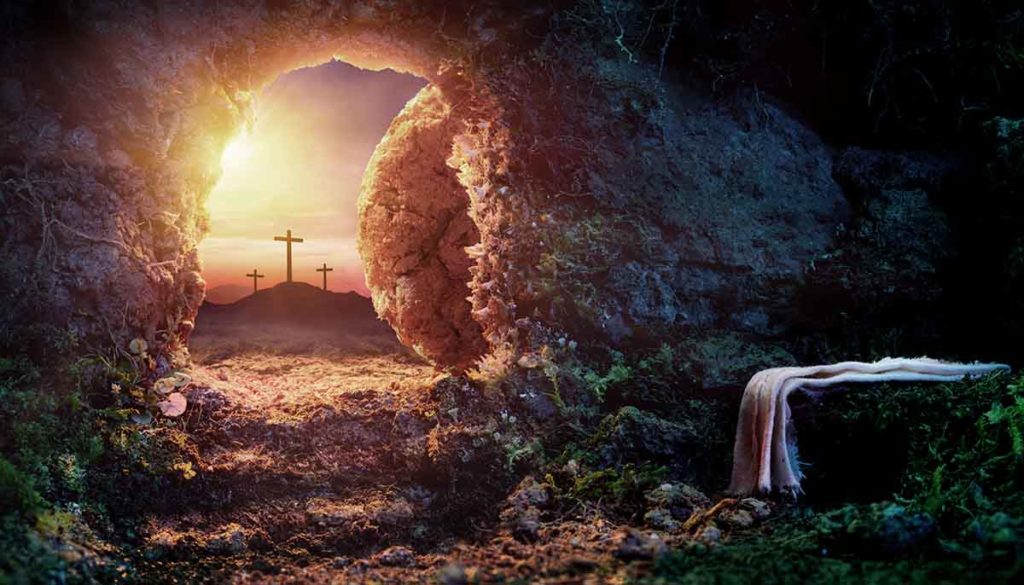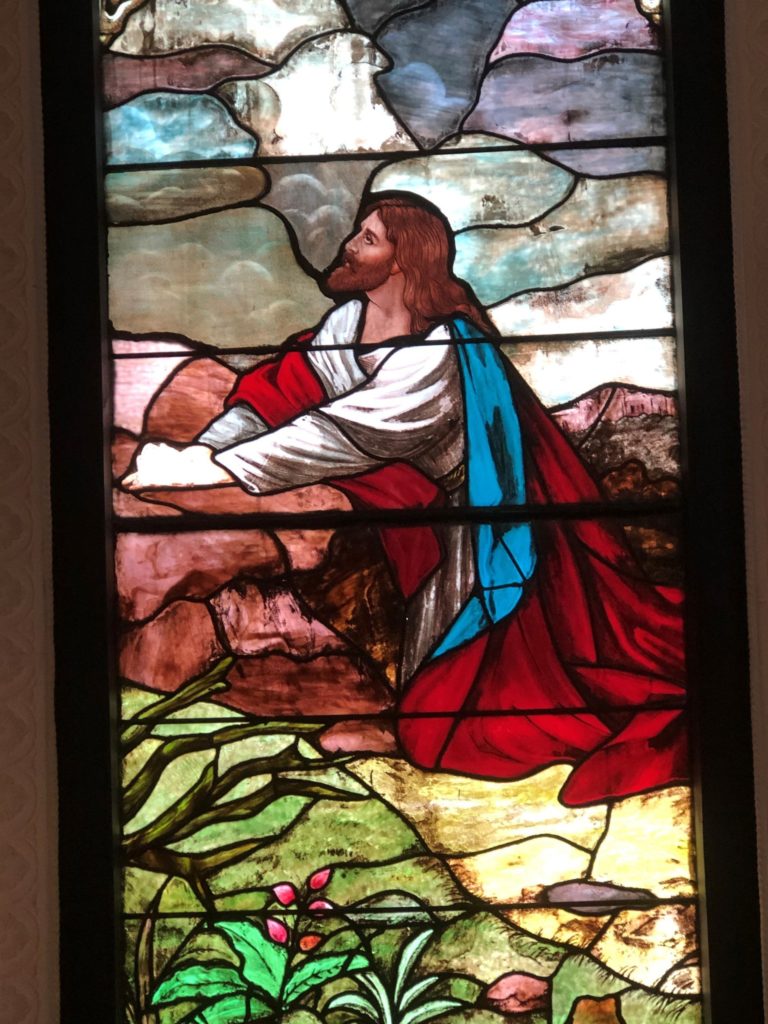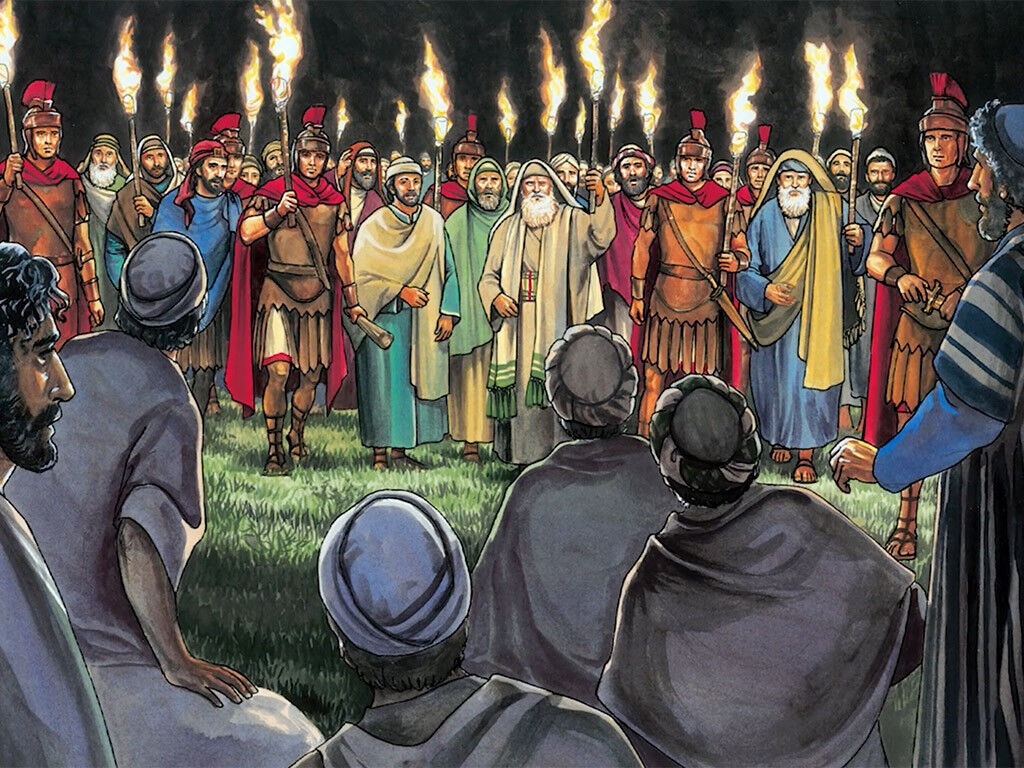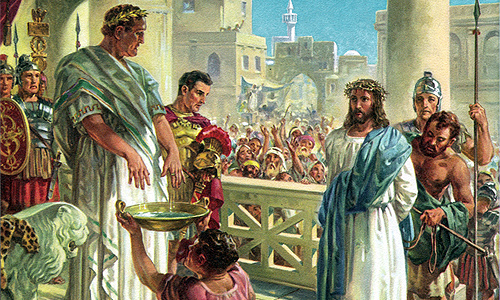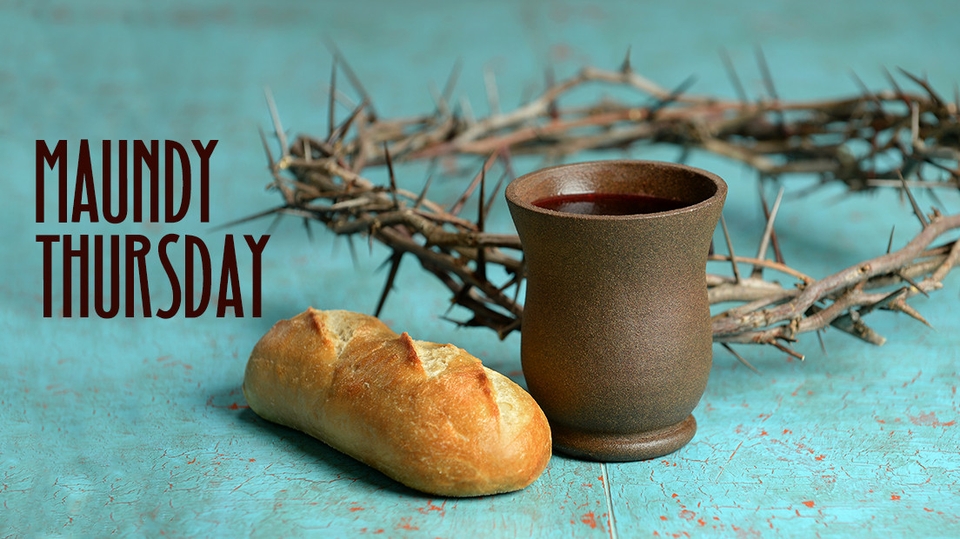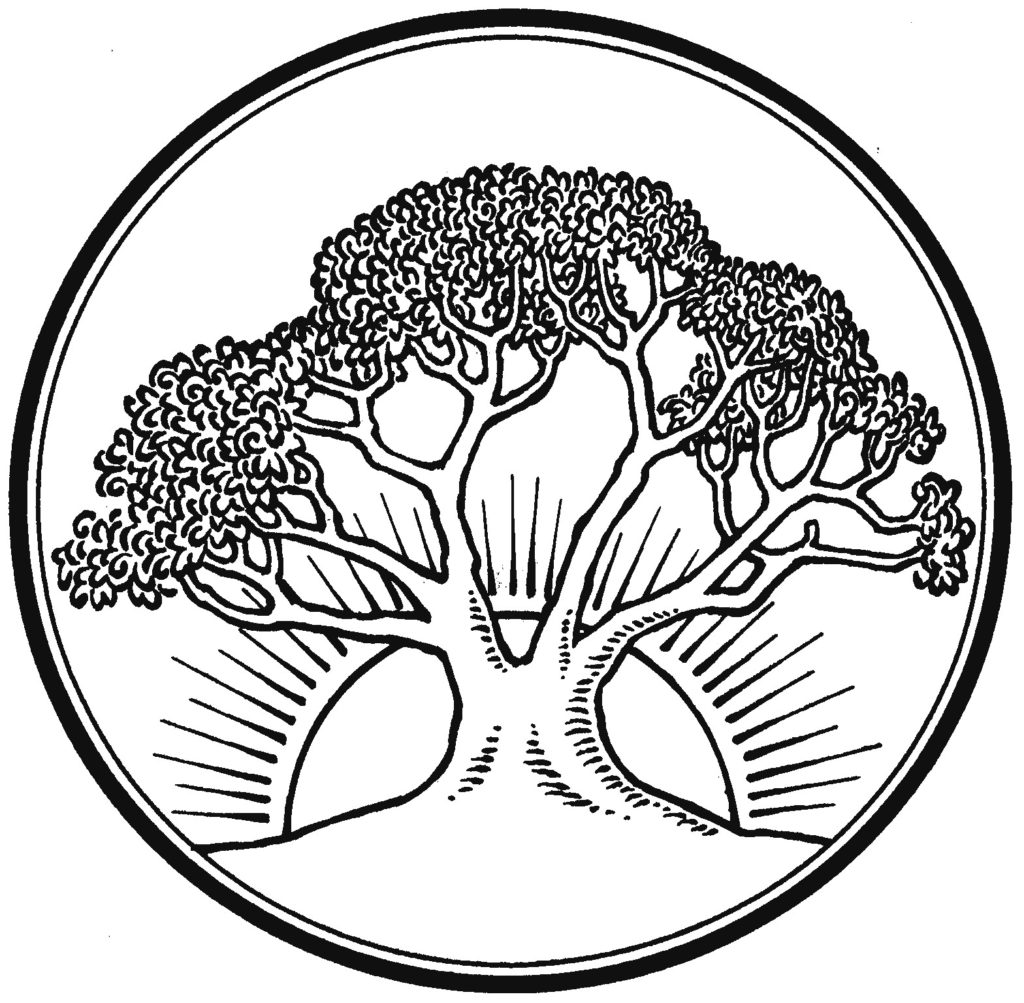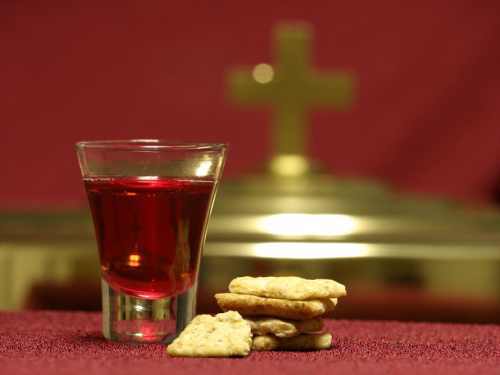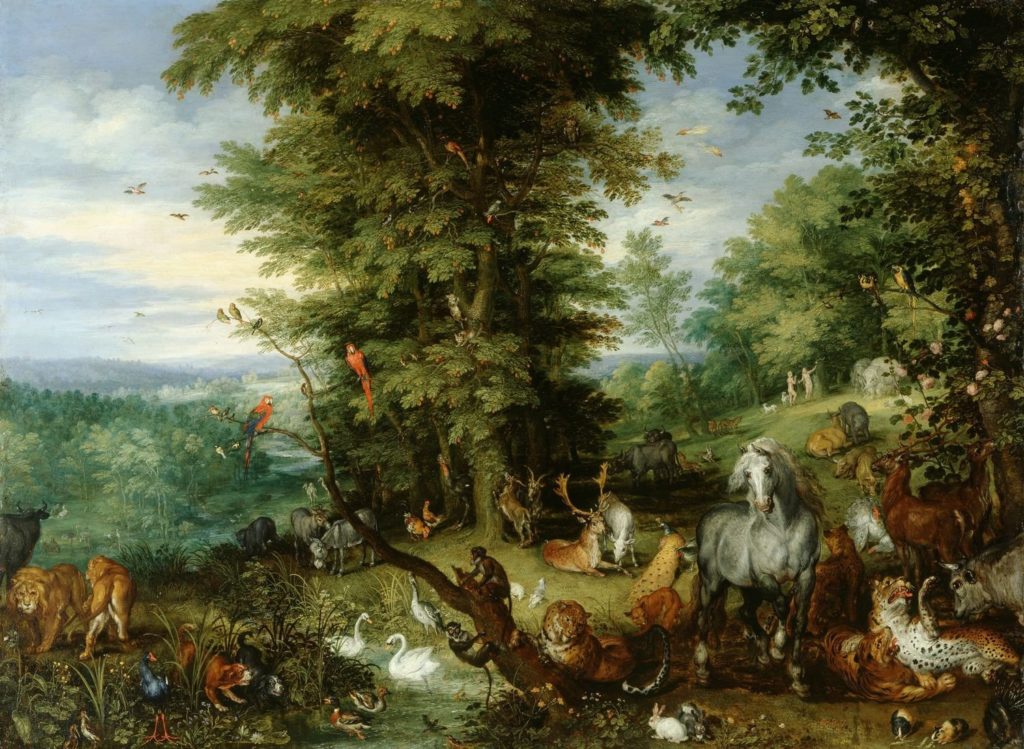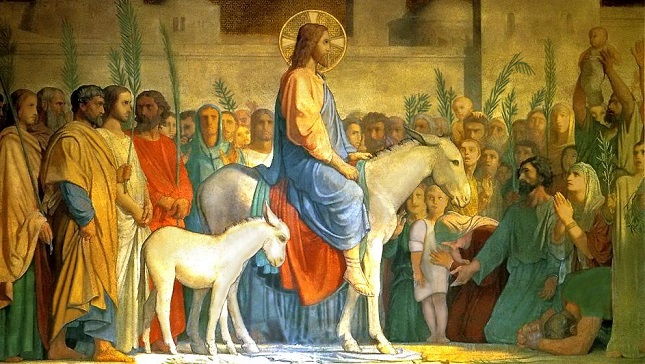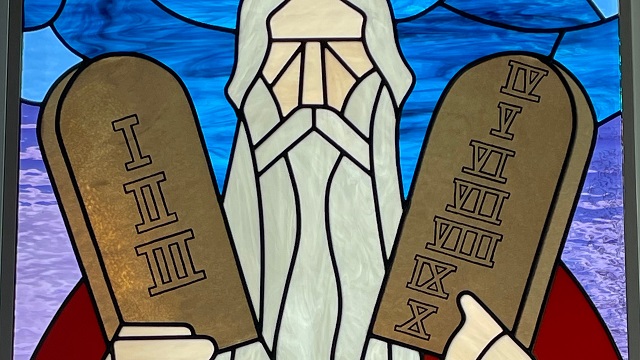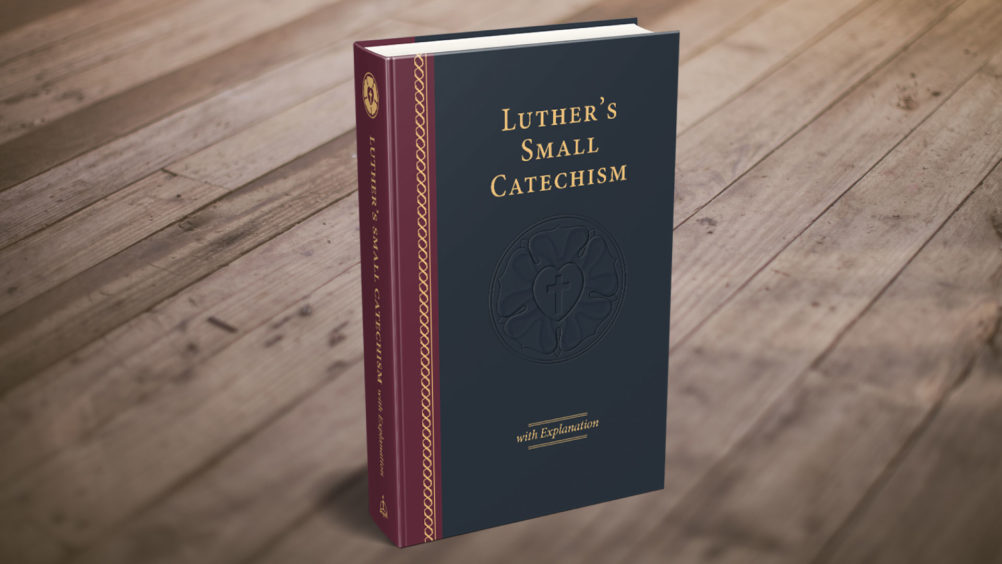Readings: Acts 3:11–21 | 1 John 3:1–7 | Luke 24:36–49
Text: Luke 24:36-49
How can we know if what we hear is true? In an age of fake news, deep fakes, and just plain bald-faced lies, it’s really a problem. Because of these things, people’s trust of institutions and media agencies has plummeted. A Pew Research study found that “Just 20% of U.S. adults say they trust the government in Washington to ‘do the right thing’ just about always or most of the time.”[1]

So many people want to have it proven to them. But nobody can actually live out the tagline from the X-Files TV show: “Trust No One.” We will always trust someone or something.
What does it take to convince us? Often it has to do with who it comes from—personal contacts have a lot of influence over who we’ll trust. Scammers take advantage of this when Facebook or email accounts are compromised and they pose as a trusted friend, trying to convince others to click this link or share personal information.
We also defer to “the experts” This past year, we’ve heard plenty from experts, and easily follow what we’ve been told. So it’s clear that experts have the qualifications needed to be trustworthy and make decisions about our life.

Another source we trust is medical professionals. The best of medical science is at their disposal, they’ve gone to school and studied hard, and there have been plenty of malpractice lawsuits to keep things honest. So when we go to the doctor, we are in the habit of trusting what they say and paying them good money for their advice.
It’s not that we’re wrong to put our faith in friends, experts, and doctors. As far as God’s work is concerned, He does good to us by these. I mentioned the negatives because these are all fallible people.
Now I want you compare these areas of trust to something even more important than how we spend our money, lead our lives, or care for our health. That is our faith. How can we trust what we know about Jesus? Did it come from someone we trust? Did it come from qualified experts like a pastor? Do we entrust ourselves to a faithful physician?

Actually, to all of these, we have something even better than the avenues we trust today.
36 As they were talking about these things, Jesus himself stood among them, and said to them, “Peace to you!” 37 But they were startled and frightened and thought they saw a spirit. 38 And he said to them, “Why are you troubled, and why do doubts arise in your hearts? 39 See my hands and my feet, that it is I myself. Touch me, and see. For a spirit does not have flesh and bones as you see that I have.” 40 And when he had said this, he showed them his hands and his feet. 41 And while they still disbelieved for joy and were marveling, he said to them, “Have you anything here to eat?” 42 They gave him a piece of broiled fish, 43 and he took it and ate before them.
On the evening of His resurrection, Jesus appeared to His disciples. He went to extra pains to convince them of this, too. It wasn’t a glorious appearance, like when Samson’s birth was announced (Judges 13), or a miraculous sign like Naaman’s cleansing (2 Kings 5). Instead, it was a very ordinary proof: “See my hands and my feet, that it is I myself. Touch me, and see….He showed them His hands and His feet.” And then He ate a piece of broiled fish before them.

At this, we might balk at what a boring detail this is. Why would the evangelist Luke bother recording what kind of food Jesus ate? Well, why not?! The detail adds that specific truth to the testimony by the Apostles. Luke says at the beginning of his Gospel, “it seemed fitting for me as well, having investigated everything carefully from the beginning, to write it out for you in consecutive order, most excellent Theophilus; so that you may know the exact truth about the things you have been taught.” (Luke 1:3-4 NASB) Adding that detail about what Jesus ate in their presence also shows the truth of the Gospel account, not afraid to include even the mundane. I mean, if Jesus suddenly visited your home, would you have some elaborate and significant meal, or just whatever you had for dinner?
This is an eyewitness testimony of the risen Jesus on the very Day of Resurrection! Maybe we’ll appreciate this better if we compare it to what others—even those hailed as experts—say about Jesus many years later.
Other gospels were written about Jesus, and given the names of James, Mary, Judas, and Thomas. These texts make the claim that they have secret insight into the teaching of Jesus which He supposedly revealed to His disciples. The trouble with this is that they were all written well after the first century AD. What proof does that give? They were clearly not written by their namesakes. Since it is impossible that they were written by their pseudonym authors, we should also suspect their teaching. Especially when they include things like this “Simon Peter said to them, ‘Make Mary leave us, for females don’t deserve life.’ Jesus said, ‘Look, I will guide her to make her male, so that she too may become a living spirit resembling you males. For every female who makes herself male will enter the kingdom of Heaven.’” (Gospel of Thomas, 114)

Several years ago now, a fragment was discovered that said that Jesus had a wife. It created quite a stir in some circles because it seemed to include information which was omitted from the Gospels which the Church has held for centuries.[2] But what wasn’t highlighted is that that fragment dated no earlier than the fourth century AD, and was written in Coptic, the language of Egypt. So, when it comes down to it, are you going to believe the eyewitness of the Twelve and their associates or something that comes from far away, 300 years later?
Finally, an effort was made in 1985 called the Jesus Seminar. They sought to read the Gospels and determine what they believed were genuine words of Jesus and what had been interpolated and inserted by editors over the centuries. Together, 50 scholars under Robert Funk, voted using colored beads to determine what were genuine sayings of Jesus. They considered it inauthentic whenever Jesus made “I am” statements or if, in the scholars’ opinion, the teaching appeared to be serving an agenda of the early Christian community. They concluded that of the Lord’s Prayer, you could only trust the words, “Our Father” to be from the lips of Jesus. As a Los Angeles Times article from 1988 reported, “Three said it came from Jesus, six said it probably came from him, 10 said it probably did not and five said it did not.”[3]
Yet, in the Gospels, what we have is the eyewitness testimony. When we compare it to what people say about Jesus more than 100 years later, it’s remarkable. During his ministry, Peter even appealed to this eye-witness testimony in today’s reading from Acts: He says to the Jewish audience: “But you denied the Holy and Righteous One, and asked for a murderer to be granted to you, 15 and you killed the Author of life, whom God raised from the dead. To this we are witnesses.” This is the witness which we have, which the Lord Himself commissioned when He said on the evening of the Resurrection, “Thus it is written, that the Christ should suffer and on the third day rise from the dead, 47 and that repentance for the forgiveness of sins should be proclaimed in his name to all nations, beginning from Jerusalem. 48 You are witnesses of these things.”

I know that we’re used to communicating with people who already conclude that the Bible is God’s true Word, but we should also consider the historical evidence. The substitutes for the eyewitness testimony are appalling. In addition to that, the reliability of genuine Scripture compared to other ancient texts can’t be ignored. Other texts include Homer’s Iliad, the works of Sophocles, and Aristotle. The New Testament has 5600 manuscripts with 99.5% consistency, while the nearest runner-up is the Iliad with 95% accuracy. When you talk about dating, the New Testament’s earliest existing (extant) manuscripts date from AD 130, while the oldest Iliad date from 500 years after the original. If there are errors to be found, they should be found, but in such a wealth of manuscripts, what scholars—even critical ones—have found, is that the New Testament is reliable and consistent.
What does that mean for us? It’s an incredible comfort in an age of changing truth and the flimsy truth of man. God has given us in His Son an incredible gift, and we are wise, even from a reasonable standpoint, to commit our lives to the Word of God, which has been well-preserved and well-tested in the Bible we still have today.
With as trustworthy as this Word of Jesus resurrection is, we should be appalled at how little we listen to it. Our days instead are filled with what we hear on the news, the drivel we read on social media, or to fill our days with complaining about life and people. In His Holy Word, God has given us a satisfying, delicious feast…but we have asked for peanut butter and jelly. People of God, He’s given you a tremendous treasure in His Word, which has endured over 3500 years, and will endure into eternity.

The friends and family, the experts, and the doctors all have their place, but they are all passing away. Remember this, and put your faith in what your God says, read it for yourself, test and see because God will prove His truth to you that you might have faith in Him. Know your God and His Word better than you know anything else.
In knowing Him, you will have life, and have it eternally. Amen.

[1] https://www.pewresearch.org/politics/2020/09/14/americans-views-of-government-low-trust-but-some-positive-performance-ratings/ (accessed 15 Apr 2021)
[2] https://www.huffpost.com/entry/jesus-wife_n_5124712 (accessed 15 Apr 2021)
[3] https://www.latimes.com/archives/la-xpm-1988-10-18-mn-4561-story.html (accessed 15 Apr 2021)










